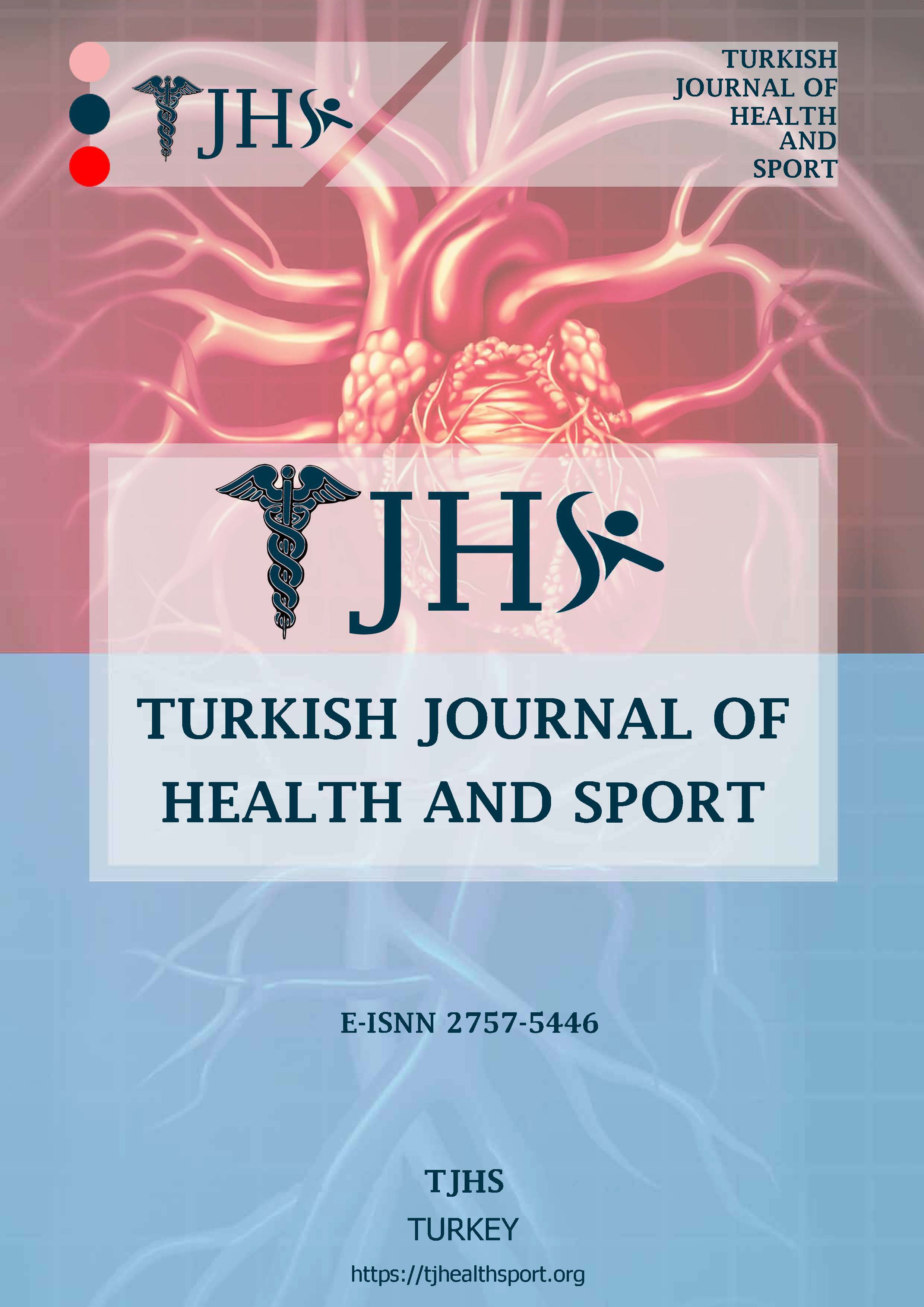İmmün Toleransın Temel Düzenleyicisi: PD-1/PD-L1 Sinyal Yolağının Fizyolojik ve Patolojik Gebelikteki Rolü
Author :
Abstract
Amaç: PD-1/PD-L1 sinyal yolağı, bağışıklık sisteminin modülasyonuna ve periferik bağışıklık toleransının korunmasına katkıda bulunur. PD-1 ve PD-L1, T hücrelerinden trofoblast hücrelerine kadar çeşitli hücre tipleri tarafından ifade edilir. Bu sinyal yolağı, desidual stromal hücreler, trofoblast hücreleri, makrofajlar ve desiduadaki lenfositler arasındaki etkileşimleri düzenleyerek fetomaternal toleransın sürdürülmesinden ve gebelik sırasında Treg ve Th17 hücreleri arasındaki dengeden sorumludur. Tekrarlayan gebelik kaybı (RPL) konusunda yapılan sınırlı sayıda çalışmalara rağmen, PD-1/PD-L1 sinyal yolunun immün sistem bozukluklarında potansiyel öneme sahip olduğu gösterilmiştir. Bu nedenle, mevcut derleme PD-1/PD-L1 sinyal yolağının preeklampsi (PE) ve RPL dahil olmak üzere gerek fizyolojik gerekse patolojik gebelikler üzerindeki etkilerine ve umut verici bir terapötik hedef olarak potansiyel kullanımına odaklanmaktadır.
Gereç ve Yöntem: PubMed, Web of Science ve Scopus'ta “PD-1/PD-L1 sinyal yolağı, gebelik immünolojisi, gebelikte immün tolerans, PD-1/PD-L1 sinyal yolağı ve PE, PD-1/PD-L1 sinyal yolağı ve RPL” anahtar kelimeleri içeren çalışmaların literatür taraması yapılmıştır. Ocak 2024'ten önce yayınlanmış makaleler dahil edilmiştir. Laboratuvar ve preklinik tıptaki ilerlemelerden yararlanarak, gebelik sırasında immünolojik yanıtta PD-1/PD-L1 sinyal yolağının rolü hakkında bir güncelleme sağlamak için güncel bilimsel literatürün gözden geçirilmesi gerçekleştirilmiştir.
Bulgular ve Sonuçlar: Gebelik sırasında PD-1/PD-L1 sinyal yolağının karmaşıklığı ve immünolojik denge üzerindeki etkileri, hedefe yönelik tedavi yöntemlerinin geliştirilmesinde ve üreme sağlığı sonuçlarının anlaşılmasında yeni kapılar açma potansiyeline sahip olarak görünmektedir.
Keywords
Abstract
Objective: The PD-1/PD-L1 signaling pathway contributes to the modulation of the immune system and the maintenance of peripheral immune tolerance. PD-1 and PD-L1 are expressed by various cell types, from T cells to trophoblast cells. The signaling pathway is responsible for the maintenance of fetomaternal tolerance and the balance between Treg and Th17 cells during pregnancy by regulating the interactions between decidual stromal cells, trophoblast cells, macrophages, and lymphocytes in the decidua. Despite limited studies in recurrent pregnancy loss (RPL), the PD-1/PD-L1 signaling pathway has been shown to have potential importance in immune dysregulation. Therefore, the current review focuses on the effects of the PD-1/PD-L1 signaling pathway on both physiological and pathological pregnancies including preeclampsia (PE) and RPL, and its potential usage as a promising therapeutic target.
Materials and Methods: A literature search was conducted in PubMed, Web of Science, and Scopus to select studies with the keywords: PD-1/PD-L1 signaling pathway, pregnancy immunology, immune tolerance in pregnancy, PD-1/PD-L1 signaling pathway and PE, PD-1/PD-L1 signaling pathway, and RPL. Papers published before January 2024 were selected. Drawing on advances in laboratory science and preclinical medicine, we performed a narrative review of the scientific literature to provide an update on the role of the PD-1/PD-L1 signaling pathway in the immunological response during pregnancy.
Findings and Results: The complexity of the PD-1/PD-L1 signaling pathway during pregnancy and its effects on immunological balance seems to have the potential to open new doors in the development of targeted treatment methods and in understanding reproductive health outcomes.





